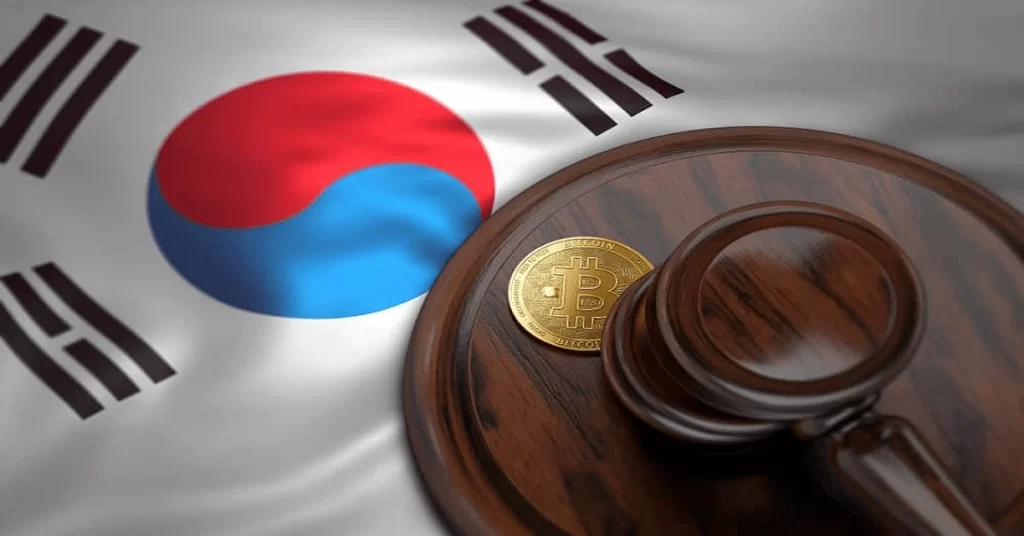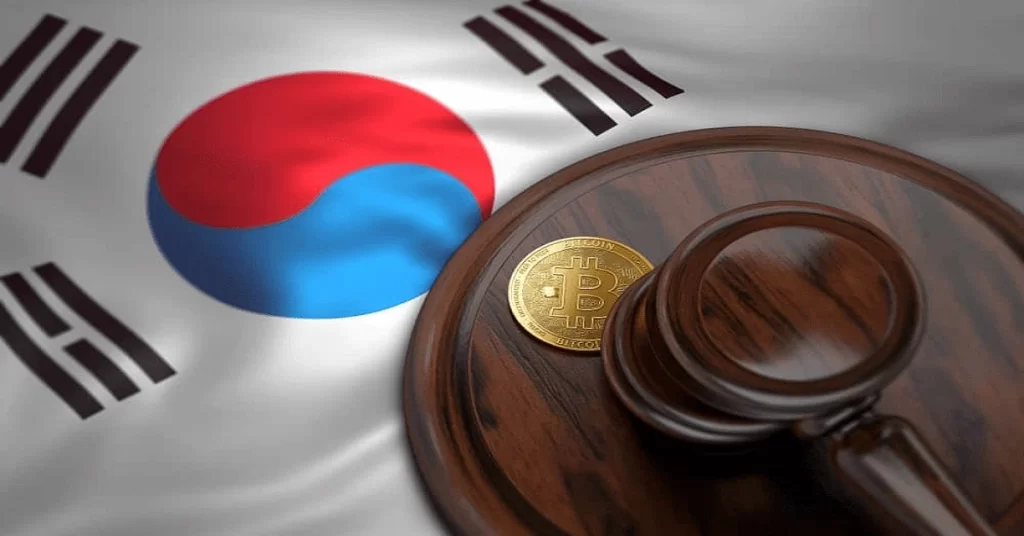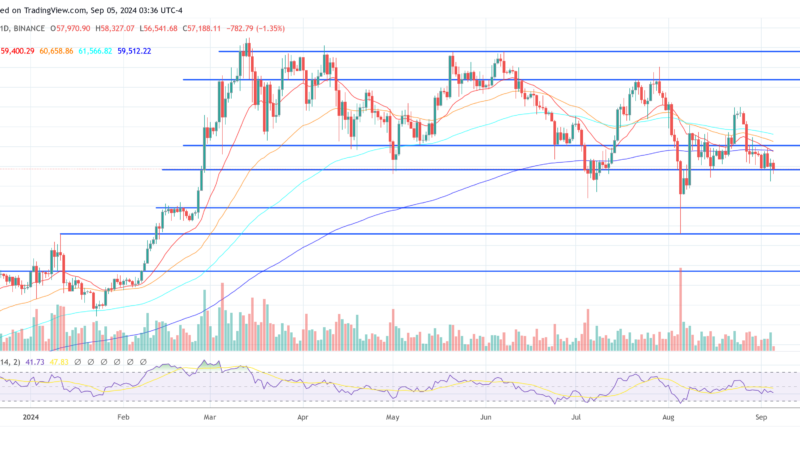How South Korea’s New Crypto Regulations Could Change the Game


The post How South Korea’s New Crypto Regulations Could Change the Game appeared first on Coinpedia Fintech News
The South Korean Financial Supervisory Service (FSS) has decided to increase the number of inspections of cryptocurrency exchanges in a bid to enhance the monitoring of suspicious activities and check compliance with the new rules. The South Korean local news, Koreatimes reported that this move comes on the heels of the “Virtual Asset User Protection Act” which was put into force on 19 July to protect investors in digital currencies.
The compliance of measures and protection of the users
The inspections will cover Upbit, Bithumb, and other significant exchanges, such as Coinone. With regard to the regulation of market activities, this institution aims to regulate market order by providing severe punishment for any unlawful activities.
These could have ranged from fines to far worse consequences such as life imprisonment for anybody making an illicit gain of over 5 billion won (about $ 3. 7 million). The law requires the exchange of crypto assets to safeguard its users’ property by isolating it from the exchange’s own money and through insurance against hacking attacks.
Enhancing anti-money laundering measures
Besides user protection, South Korean regulators are interested in the improvement of anti-money laundering. Currently, Virtual Asset Service Providers (VASPs) must carry out enhanced due diligence, and pass information about suspicious transactions to the authorities.
The changes were pointed out as an extension of the obligations of VASPs by FSC which committed to uphold transparency and accountability in the development of the rapidly growing industry.
These inspections demonstrate South Korea’s readiness to enhance the existing legislation in response to the emerging trends of using digital assets in order to protect investors and to safeguard the stability of the financial system.
Also Read: Crypto Regulations in South Korea 2024


